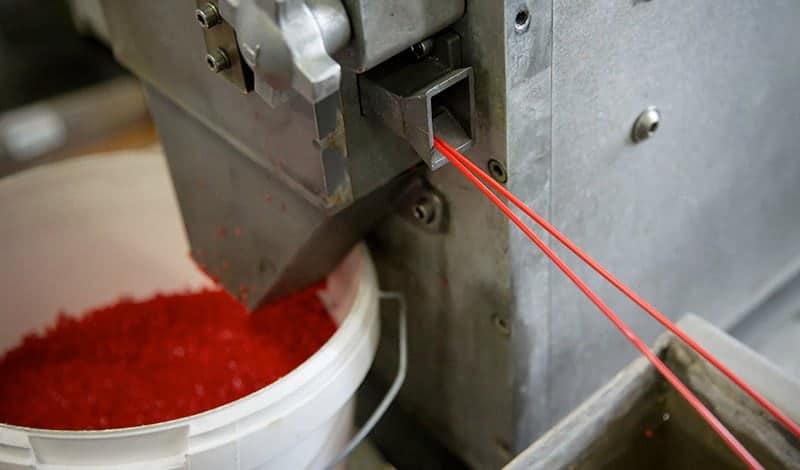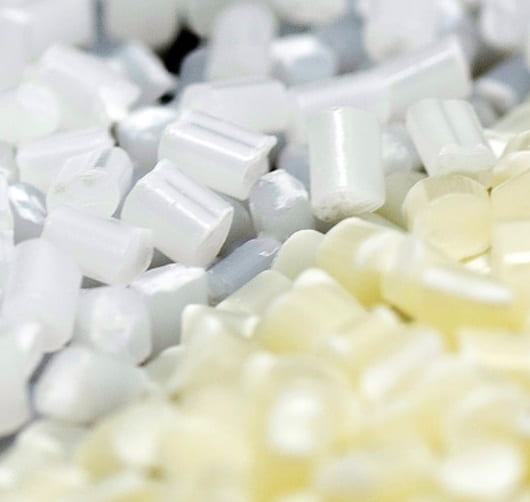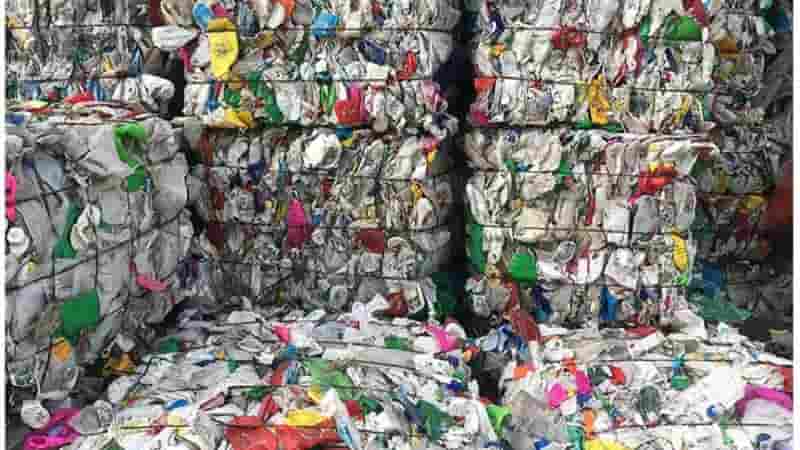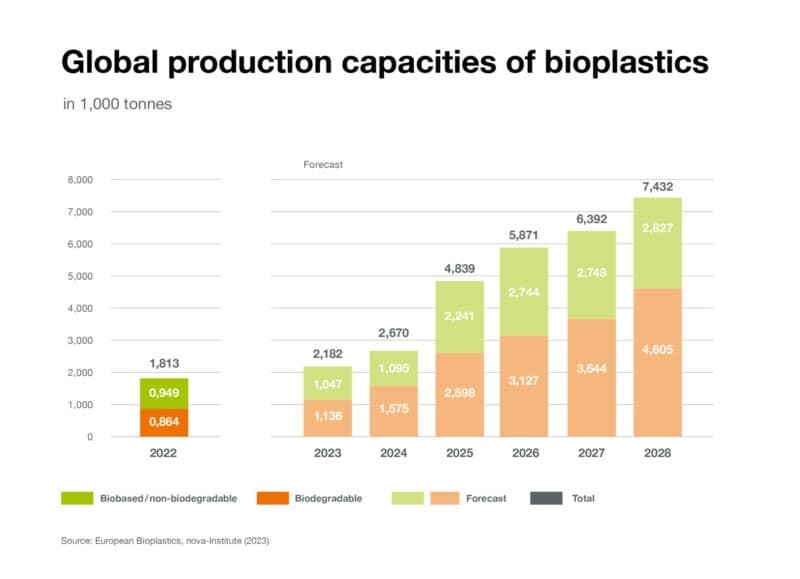Packaging scrap – Sukano steps into the realm of Hungarian compounding as the Swiss-based company takes the reins of Kays, a key player in the development of technopolymers enriched with recycled materials 17-02-2024 - Arhive
The Economic Experts Survey (EES) for the fourth quarter of 2023, conducted by the ifo Institute and the Swiss Economic Policy Institute, paints a concerning picture of the global economy, suggesting a looming risk of recession by the end of 2024.
Gathering insights from 1,431 economic experts across 124 countries, the survey highlights below-average growth expectations, fueling apprehensions across various nations. Packaging scrap
Despite an overall cautious optimism among experts, regional variations underscore the unease. In Eastern Europe and South America, as well as major economies like Ukraine and Germany, concerns are particularly pronounced, with the probability of recession averaging at 34%. Similarly, Northern and Western Europe, along with Northern America, exhibit heightened concerns, with probabilities ranging from 30% to 33%.
The survey indicates significant divergence in recession expectations at the country level. For example, North Macedonia faces a modest 8% likelihood of recession, while Bosnia and Herzegovina brace for a substantial 60% probability. Major economies such as Ukraine, Germany, the UK, and the Netherlands show elevated concerns, with probabilities hovering around 38%. Packaging scrap
In contrast, Southern Asia, Southern Africa, and Central America and the Caribbean express greater confidence in avoiding recession, with probabilities ranging from 18% to 22%. However, countries like Ecuador and Argentina, recently grappling with recessions, anticipate high probabilities of 48% and 61%, respectively.
Overall, while the global economy faces significant risks, individual country and regional dynamics play a crucial role in shaping the likelihood of recession as we approach the end of 2024.

Sukano steps into the realm of Hungarian compounding as the Swiss-based company takes the reins of Kays, a key player in the development of technopolymers enriched with recycled materials
The acquisition sees Sukano securing a majority share in Kays Kft., a Hungarian firm renowned for its expertise in engineering material compounding.
Established in 2004 and proudly family-owned, Kays specializes in formulating technopolymers infused with post-consumer and post-industrial recycled components. Despite their newfound partnership, both entities will maintain their autonomy, catering to distinct yet complementary markets. Sukano’s stronghold lies in the packaging sector, diversifying into durable consumer goods, construction, textiles, and medical domains over the years. On the other hand, Kays primarily serves the automotive, electrical/electronic, and railway industries. Packaging scrap
Founded in 1988, Sukano boasts a Swiss headquarters alongside manufacturing facilities in the United States and Malaysia. The company is renowned for its production of color and additive masterbatches, compounds, and pigments tailored for polyesters, biopolymers, and technopolymers. This strategic move not only expands Sukano’s global footprint but also reinforces its commitment to sustainable practices through the integration of recycled materials into its product portfolio.

Trinseo experiences a decrease in sales
In its financial report for the 2023 fiscal year, American company Trinseo disclosed a significant downturn, with revenues plummeting by 26%, from $4.96 billion to $3.67 billion. Adjusted EBITDA stood at $154 million, down from the previous year’s $312 million, resulting in a loss of $701 million.
The decline in sales was primarily driven by a 14% decrease in average prices, attributed to rising raw material costs, coupled with a 12% reduction in sales volumes due to weakened demand, particularly in the construction and durable goods sectors, exacerbated by an unfavorable inventory cycle. Packaging scrap
Trinseo anticipates a prospective $100 million enhancement in profitability this year, attributed to plant closures and other restructuring measures recently unveiled. These initiatives, spanning Europe and Italy, encompass the cessation of a sheet extrusion line in Rho, which will also host the first demonstration plant for PMMA chemical recycling.
CEO Frank Bozich underscored the ongoing assessment of additional measures to bolster manufacturing flexibility, capitalize on regional cost disparities, and optimize profitability, while concurrently reducing capital expenditures and refining working capital management.

Government has no plans to address the surplus of petrochemicals
The Government remains passive on the issue of petrochemical oversupply, as Environment Minister Lord Benyon asserts that the responsibility lies with the industry to address the situation. The concern was raised in the House of Lords by Baroness Bennett of Manor Castle, who highlighted the global glut of virgin plastics driving down demand for recycled products. She urged consideration of global production restrictions akin to those applied to fossil fuels used for energy.
Ethylene production, crucial for plastic manufacturing, exceeds demand by approximately 45 million tonnes annually, resulting in closures of recyclers in Europe. The Financial Times attributes this oversupply to increased petrochemical production in China and the US, reminiscent of levels not seen since the 1980s. Packaging scrap
Lord Benyon acknowledged the oversupply but reiterated the Government’s stance, emphasizing industry leadership. He outlined support measures for the UK Plastics Pact members, including packaging reforms and the plastics tax. While domestic actions are insufficient to sway global markets, the UK remains committed to international efforts such as the High Ambition Coalition to End Plastic Pollution.
Discussions in the House also touched upon implementing a plastic packaging tax and a deposit return scheme (DRS). Benyon announced the DRS commencement in October 2025, projecting job creation and advocating for a UK-wide scheme to prevent cross-border trade imbalances.

Eastman, Dentis Group partnership will secure feedstock for planned recycling facility
Dentis subsidiary Nord Pal Plast SA will provide 30,000 metric tons per year of PET packaging scrap to Eastman for use at its planned recycling site in France.
Eastman, a specialty materials company based in Kingsport, Tennessee, has announced a long-term agreement with Nord Pal Plast SA, part of Italian multinational company Dentis Group, which specializes in the recovery and mechanical recycling of polyethylene terephthalate (PET) packaging scrap. Packaging scrap
Through its mechanical recycling sites in France (Nord Pal Plast SA), Spain (PET Compania Para Su Reciclado) and Italy (Dentis Recycling Italy Srl), Dentis will provide 30,000 metric tons per year of rejected postconsumer PET scrap to Eastman. The companies say these materials currently lack a circular solution and will be recycled at Eastman’s molecular recycling facility in Port-Jerome-sur-Seine, Normandy, in France.
The companies say this partnership underscores the importance and complementary nature of both mechanical and molecular recycling processes in creating a more sustainable future. By combining their expertise and resources, the companies hope to achieve true circularity in the recycling process, maximizing the value of postconsumer materials and reducing environmental impact. Packaging scrap

Packaging scrap

